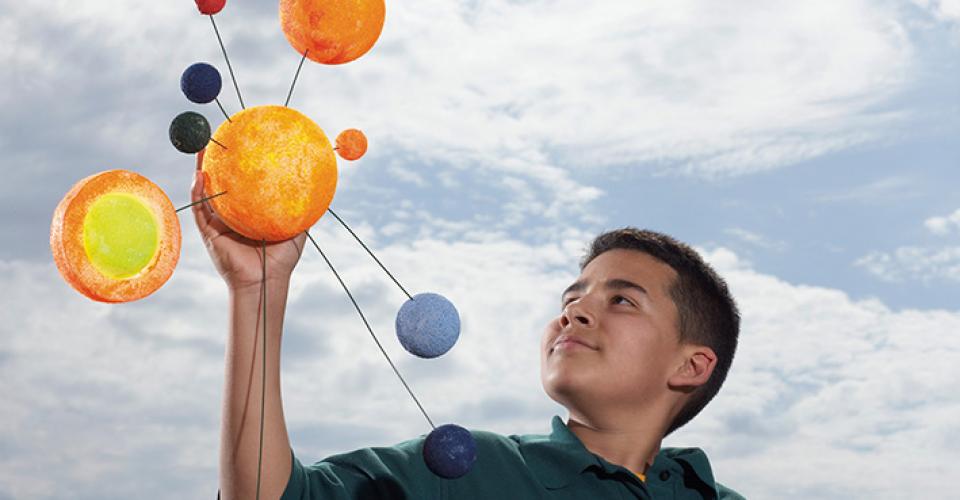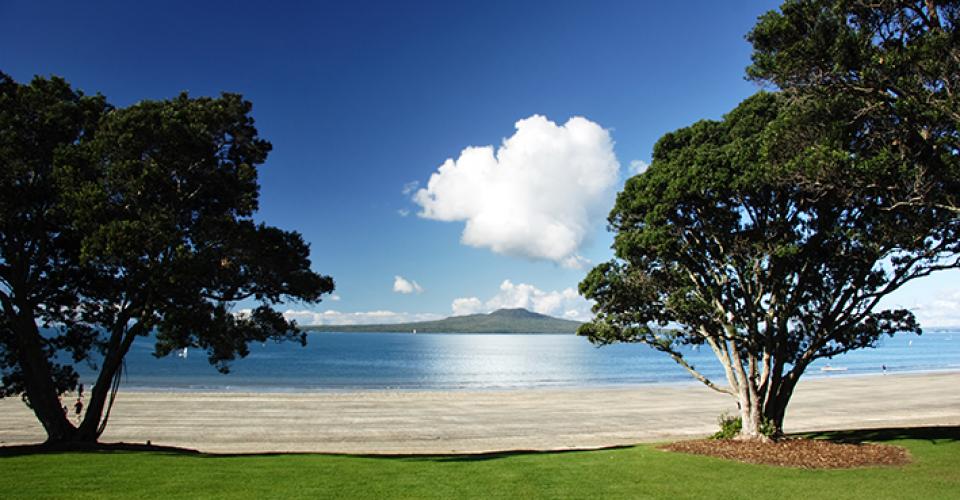Engaging students with the nature of science
15/04/2012Recently, Professor Guy Claxton from the University of Winchester spoke at the 2012 Graham Nuthall Annual Lecture in Christchurch. His keynote was entitled ‘Can schools prepare you for anything?’
 Recently, Professor Guy Claxton from the University of Winchester spoke at the 2012 Graham Nuthall Annual Lecture in Christchurch. His keynote was entitled ‘Can schools prepare you for anything?’
Recently, Professor Guy Claxton from the University of Winchester spoke at the 2012 Graham Nuthall Annual Lecture in Christchurch. His keynote was entitled ‘Can schools prepare you for anything?’
In his talk, Professor Claxton challenged us to think critically about what success at school means. How might we implement a future-focused approach to learning that prepares students with the resources, attitudes, and mindset for the 21st century?
He suggested that many young people are struggling in the face of all the complexities and uncertainties of modern life, and that they need to “learn how to flounder intelligently.” In other words, they need to learn how to respond when they don’t have a ready knowledge base.
This is especially true for science education, as our increasingly scientific and technologically dependent society requires students to be scientifically literate. We not only need to prepare enough students for careers in science, we also need to prepare all students for a life that necessitates a multitude of decisions that require their engagement in science.
Unfortunately, students commonly misconstrue science as a body of facts about the way the world works, that scientists have discovered and that they (students) have to memorise in order to pass exams. This “scientific knowledge” is only one of the three domains that are critical in the development of scientific literacy (Figure 1).

The Nature of Science strand in the New Zealand Curriculum reflects a shift in emphasis towards the importance of explicitly teaching the nature of science. There is no way we can teach students the entire body of knowledge they will need in their future lives; but we can help to prepare them to ‘flounder intelligently’ if we can engage them in understanding the way science works.
One way that we can help students to understand science as ‘a way of knowing’ is through stories from the history of science, or from contemporary scientists. Such stories can be embedded in lessons involving science knowledge and/or skills so that students gain a meaningful understanding of how science works. There are a number of very useful web pages available with New Zealand science/scientists’ stories, including:
- National Library of New Zealand Te Puna Mātauranga O Aotearoa, online exhibition: Contemporary NZ scientists
- Science Learning Hub: science stories
- Ministry of science and innovation: success stories
It is also important that students appreciate that science exists in a cultural context. They need to think about whose knowledge, processes and nature of science they are considering. In a New Zealand setting, students could be looking at the links between Mātauranga Māori and western science. Some web pages that may be of use to teachers include:
- TKI Nature of Science Teaching Activities: Scientific knowledge and Māori knowledge about mussel biology here
- NIWI: Māori environmental knowledge
- National Library of New Zealand Te Puna Mātauranga O Aotearoa, online exhibition: Contemporary New Zealand scientists – traditional knowledge
- Landcare research: What is Mātauranga Māori?
Giving students repeated opportunities to link knowledge and processes explicitly to the different ‘ways of knowing’ in science helps them to gain a broader understanding of the nature of science beyond the ‘fair test’. If students can see the importance of collaboration, creativity, innovation and often serendipity in science, it may make the subject more exciting and attractive for them. If it can be wrapped up in an engaging story involving scandal, excitement and rivalry (as many tales of scientific discovery are) then all the better!
Nga mihi nui
Sabina Cleary President NZASE

























Post your comment
Comments
No one has commented on this page yet.
RSS feed for comments on this page | RSS feed for all comments